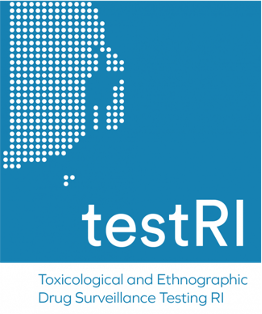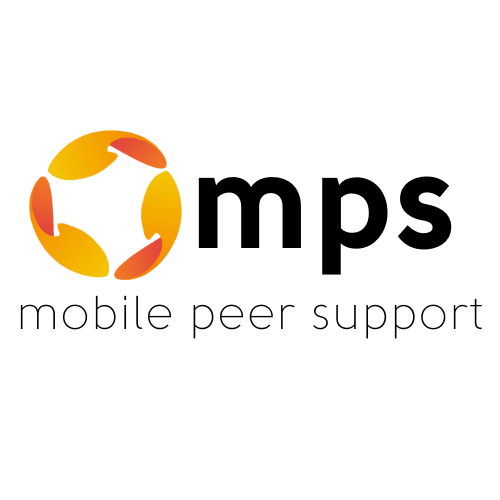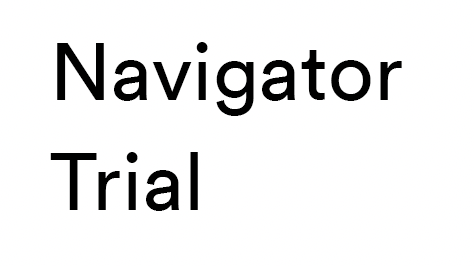PPHC is a public health lab that produces high impact projects with wide reach.
annual publications
institutions we collaborate with
projects we lead or provide support to
PreventOverdoseRI
PreventOverdoseRI is the state of Rhode Island’s overdose dashboard. This website — a data dashboard available to all — is designed to provide community members, health professionals, and policymakers with timely data to track Rhode Island’s progress toward reaching the goals outlined in the Action Plan. We offer the latest data on addiction and overdose in Rhode Island — as well as resources on preventing overdose for a variety of audiences, including loved ones of people who use drugs, healthcare providers, and more.
TestRI
testRI is a two-year study to learn more about the local drug supply in Rhode Island and how changes to the supply impact overdose risk. This project integrates ethnographic and toxicologic methods to understand how people’s drug use is changing, how these changes are linked to the local drug supply, and best practices for data dissemination in near-real-time while centering the experiences of people who use drugs.
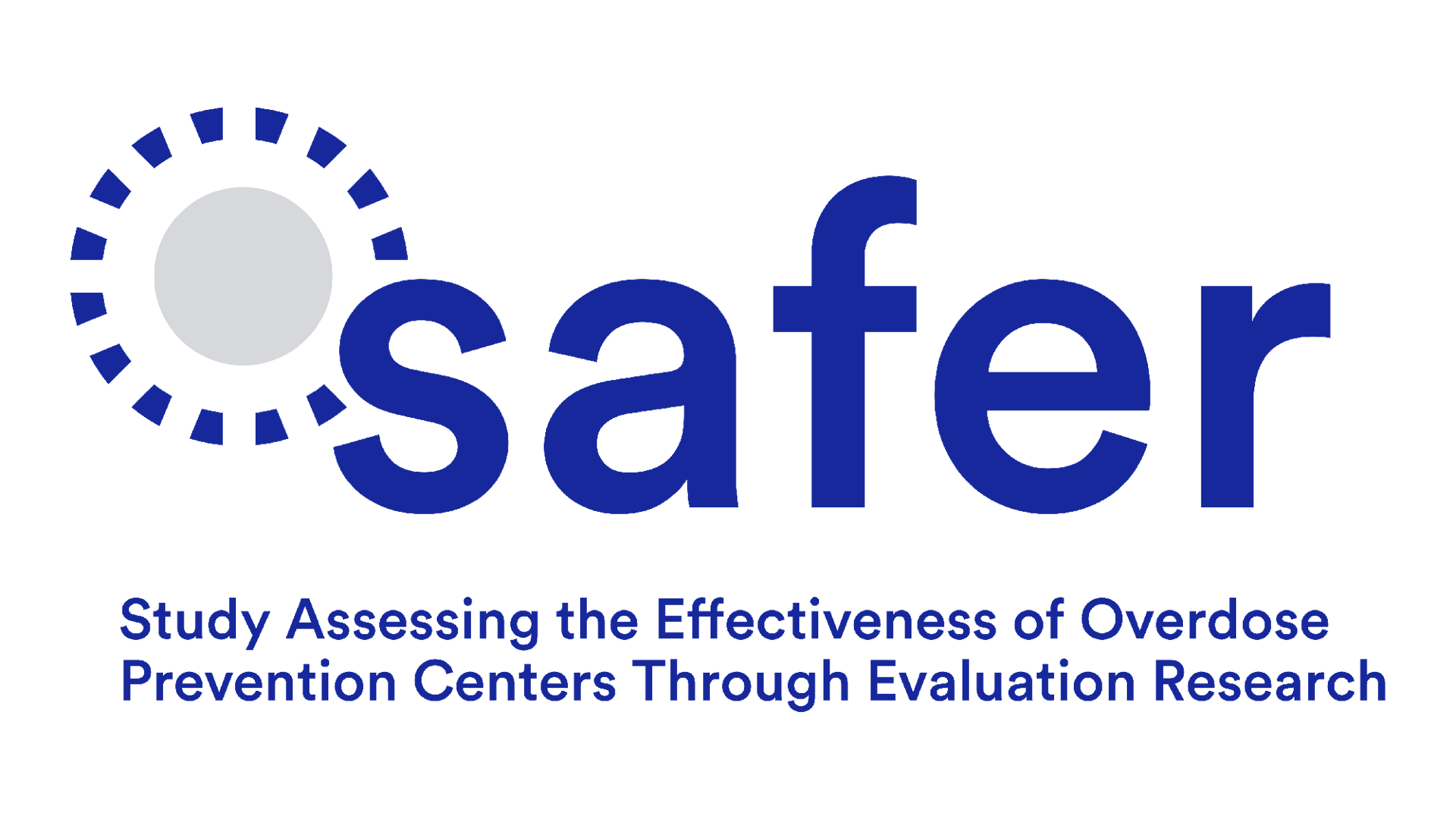
SAFER: Study Assessing the Effectiveness of Overdose Prevention Centers Through Evaluation Research
SAFER is the first federally funded evaluation of sanctioned overdose prevention centers in the United States. As the first OPCs in the United States, we must understand their impact. This means their impact on the health and safety of people who use drugs and the communities around them.
So, we are partnering with community organizers, researchers, and experts in this evaluation. By studying the first US sites, we will generate evidence to inform the implementation of OPCs across the nation.
SAFER is a collaboration between the People, Place and Health Collective at Brown University and NYU Langone Health. With additional support from the NYC Department of Health and Mental Hygiene, Montefiore Medical Center, Yale University School of Public Health, Rhode Island Hospital, RTI International, and the University of British Columbia.

Project Signal
Project SIGNAL uses data to show how COVID-19 has impacted the hardest-hit neighborhoods. Project SIGNAL combines advanced spatial analyses with plain language communication to drive users to targeted neighborhood-level areas to eliminate COVID-19 vaccination disparities. Project SIGNAL is a collaboration between the Rhode Island Department of Health, the People, Place, and Health Collective in the Department of Epidemiology at the Brown University School of Public Health and the Center for Computation and Visualization.
PROVIDENT
PROVIDENT is a machine learning model and clinical trial designed to identify neighborhoods at high risk of future overdose. Half of the towns in Rhode Island receive predictions, which are housed in an online interactive dashboards. Community partners access the tool to create assessments and plans to inform their distribution strategies. This five-year study is a collaboration between the Rhode Island Department of Health and researchers at the Brown University School of Public Health, the New York University School of Medicine, and the University of California, Berkeley. PROVIDENT is funded by the National Institute on Drug Abuse (NIDA) (RO1DA046620).
PROFOUND
PROFOUND is a model to identify optimal naloxone distribution strategies to reduce disparities at a state level. Results are housed in an interactive online dashboard, covering Rhode Island, Massachusetts, and New York City. PROFOUND is a collaboration between Weill Cornell Medicine, the New York City Department of Health and Mental Hygiene, Boston Medical Center, Boston University School of Medicine, and Brown University School of Public Health. PROFOUND is funded by the National Institute on Drug Abuse (NI DA) U01DA047408.
Mobile Peer Support
Mobile Peer Support is a voluntary research study testing a peer support phone app for people in opioid use treatment or recovery.
A simple, secure, technology-based peer support app, strengthened by automatic
flagging of malicious or dangerous posts, may enhance recovery capital and retention in treatment, as a complement to existing opioid use disorder OUD treatment and recovery support programs.
This study will help us to better understand a protected, private, smartphone app which may provide study participants with an online peer-support group, 24/7 for up to six months.
Optimal Bup
The purpose of this research study is to compare the treatment efficacy of three dosages of the same medication buprenorphine (commonly known as Suboxone), which is used to treat opioid use disorder. One dosage of the medication is the standard dose, 16mg. The other dose is a high dose, 24mg and the third arm in exploratory dose, 32mg.
Navigator Trial
The Navigator Trial tests the effectiveness of peer recovery specialists in promoting engagement in addiction treatment after an emergency department (ED) visit for an opioid overdose.

RAPIDS
RAPIDS was a clinical trial assessing if providing fentanyl test strips and motivational interviewing could reduce rates of non-fatal overdose among people who use drugs. Participants followed up with the study time six times over the course of a year and received surveys at each visit. Every participant got naloxone and overdose education, but those randomized to the RAPIDS intervention also got the additional fentanyl-specific education and worked with our team to identify their own goals for overdose prevention.
